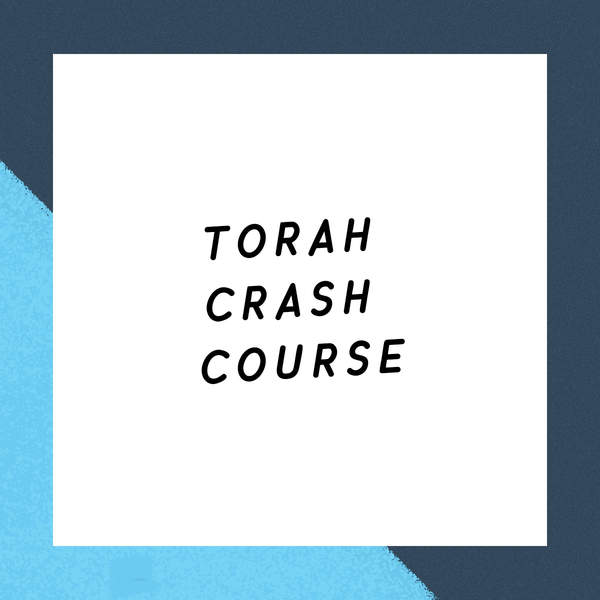
Torah Crash Course: Leviticus, Numbers, and Deuteronomy (Remastered)
The books of Leviticus, Numbers, and Deuteronomy tell the story about God’s covenant with Israel at Mount Sinai—and make up two-thirds of the entire Torah! God gives Israel 613 laws, interspersed with stories that offer commentary on them. Tragically, the Israelites demonstrate their inability to truly love and obey God and follow the laws. This unresolved tension creates a future hope announced by Moses himself: God will one day transform the people’s hearts and minds so they can be loving and faithful covenant partners. In this message, Tim explores Leviticus, Numbers, and Deuteronomy, showing how they develop the storyline that Jesus fulfilled. Tim taught this series in the early 2010s at Door of Hope Church in Portland, Oregon.
Referenced Resources
Interested in learning more? Check out Tim's extensive collection of recommended books here.
Get the BibleProject app for access to our entire library of resources in one place.
Show Music
- “Nob Hill (Instrumental)” by Drexler
Show Credits
Production of today’s episode is by Lindsey Ponder, producer, and Cooper Peltz, managing producer. Aaron Olsen edited and remastered today’s episode. JB Witty writes our show notes. Powered and distributed by Simplecast.
